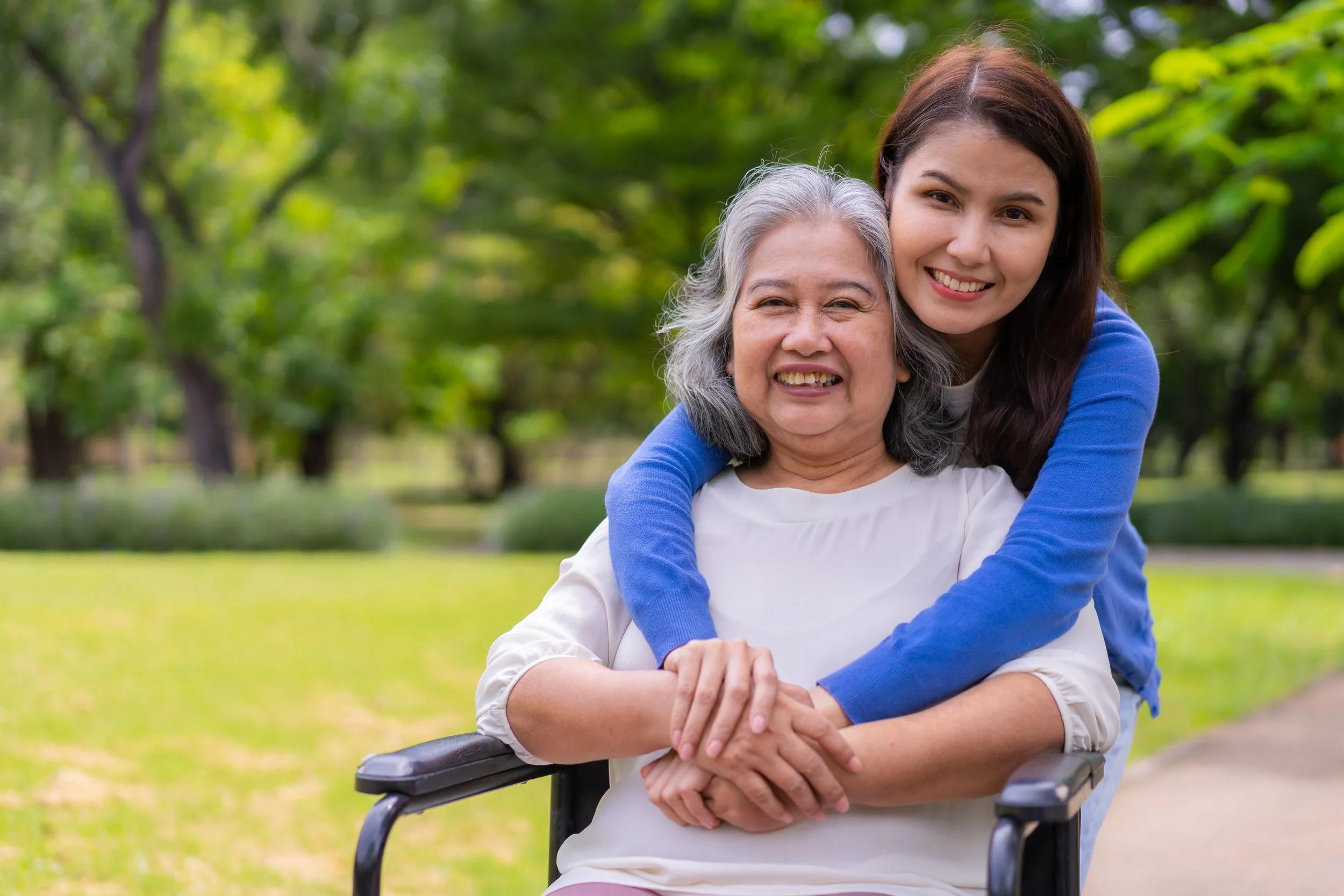How Live-In Care Supports Individuals with Chronic Illnesses
Living with a chronic illness can be challenging, not just for the affected individuals but also for their families. Conditions such as Parkinson's disease, Alzheimer's, diabetes, and heart disease require continuous, specialised care that can be difficult to manage at home. This is where live-in care becomes an invaluable resource. Live-in care provides personalised, round-the-clock support, allowing individuals with chronic illnesses to maintain their independence and quality of life in the comfort of their own homes. Here’s how live-in care supports individuals with chronic illnesses:
Personalised Care Plans
Every individual’s needs are unique, especially when it comes to chronic illnesses. Live-in caregivers work closely with healthcare professionals to develop personalised care plans that address specific medical requirements, daily routines, and personal preferences. This tailored approach ensures that the care provided is both effective and respectful of the individual’s lifestyle.
Continuous Monitoring and Immediate Assistance
Chronic illnesses often require vigilant monitoring and immediate response to any changes in condition. Live-in caregivers provide constant supervision, which helps in promptly addressing any medical emergencies or changes in symptoms. This continuous care reduces the risk of complications and hospital readmissions.
Medication Management
Proper medication management is crucial for individuals with chronic illnesses. Live-in caregivers ensure medications are taken correctly and on schedule, reducing the risk of missed doses or accidental overdoses. They also keep track of prescriptions, manage refills, and monitor for any side effects, working closely with healthcare providers to adjust medications as needed.
Assistance with Daily Activities
Chronic illnesses can make everyday tasks challenging. Live-in caregivers provide support with activities of daily living (ADLs) such as bathing, dressing, grooming, and toileting. They also assist with instrumental activities of daily living (IADLs), including meal preparation, housekeeping, and transportation. This support helps individuals maintain their dignity and independence.
Nutritional Support
A balanced diet is essential for managing chronic illnesses. Live-in caregivers plan and prepare nutritious meals that meet the dietary needs of the individual. They ensure proper hydration and monitor food intake to help manage conditions such as diabetes, hypertension, and heart disease.
Physical and Occupational Therapy
Many chronic illnesses benefit from regular physical and occupational therapy. Live-in caregivers can facilitate these therapies by assisting with exercises prescribed by physical therapists and encouraging participation in activities that improve mobility and function. This consistent support helps individuals maintain their physical abilities and overall well-being.
Emotional and Social Support
Living with a chronic illness can be emotionally taxing. Live-in caregivers provide companionship and emotional support, helping to alleviate feelings of loneliness and depression. They engage individuals in social activities, hobbies, and community events, fostering a sense of purpose and connection.
Coordination of Medical Care
Live-in caregivers play a crucial role in coordinating medical care. They schedule and accompany individuals to medical appointments, communicate with healthcare providers, and ensure that all medical instructions are followed. This coordination helps streamline care and ensures that all aspects of the individual’s health are managed effectively.
Respite for Family Caregivers
Family members often take on caregiving roles, which can be physically and emotionally exhausting. Live-in care provides respite for family caregivers, allowing them to take breaks, recharge, and attend to their own needs, knowing their loved one is in capable hands.
Conclusion
Live-in care offers comprehensive, compassionate support for individuals with chronic illnesses, enhancing their quality of life and providing peace of mind for their families. By delivering personalised care, continuous monitoring, and emotional support, live-in caregivers help individuals manage their conditions effectively while maintaining their independence and dignity at home. If you or a loved one is living with a chronic illness, consider the benefits of live-in care as a valuable resource for ongoing support and improved well-being.

